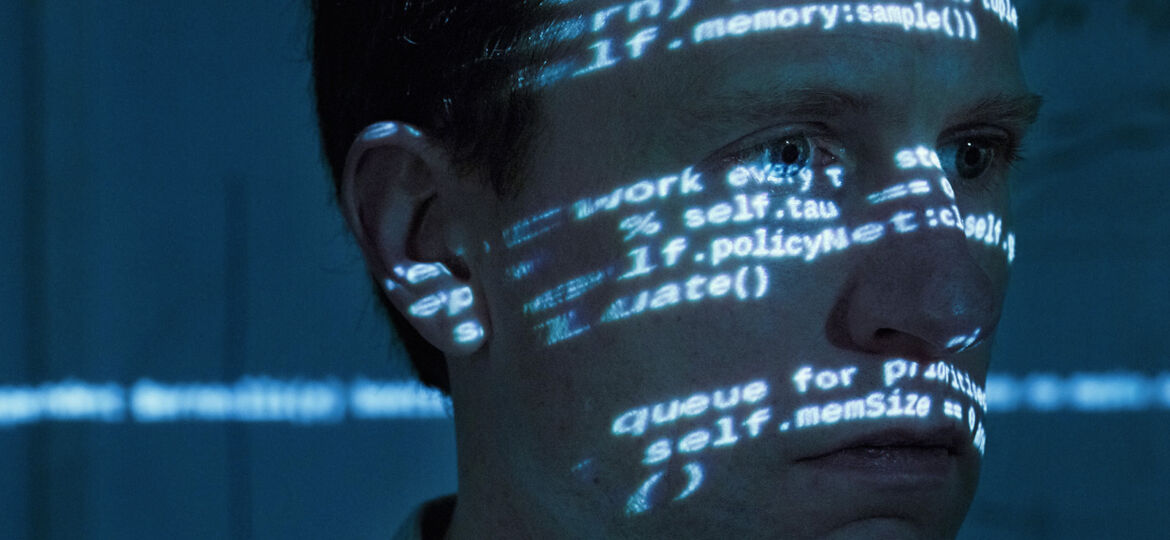
WHY THIS MATTERS IN BRIEF
Microsoft wants to to give everyone access to artificial intelligence and a supercomputer.
Earlier this year, Google’s DeepMind artificial brain conquered a world class champion at the game of Go — a feat that even amazed Elon Musk. But Microsoft CEO Satya Nadella is less impressed, at least judging from comments he made at Monday’s Microsoft Ignite event in Atlanta. Instead of playing games, Nadella says, Microsoft is focused on putting artificial intelligence into every app, everywhere.
“We are not pursuing AI to beat humans at games. We are pursuing AI so that we can empower every person and every institution that people build with tools of AI so that they can go on to solve the most pressing problems of our society and our economy,” Nadella says.
As Nadella indicates here, Microsoft has made significant investments in artificial intelligence, which manifests itself in ways large and small. Nadella revealed Monday that Cortana, the digital personal assistant that comes with Windows 10, has 133 million monthly users.
Microsoft is also using artificial intelligence in more behind-the-scenes ways, including helping power up the all-important “red squigglies” of spellcheck with new features that can help make you a better writer and communicator.
“I think I would be unemployable, but for the red squiggly,” Nadella quips.
The next big step, Nadella says, is taking everything Microsoft has learned about artificial intelligence and making it available to software developers so they can apply the same ability to make sense of huge amounts of information within their own apps. The internet has been great for spreading information, but human attention is still a limited resource, Nadella says, and artificial intelligence can help us sift and sort what’s most important.
“We want to pursue democratizing AI like we pursued democratizing access to information,” Nadella says.
To that end, Nadella hyped Cortana’s so-called “Cognitive APIs,” which help developers build Cortana powered intelligence into their applications.
Beyond that, though, Microsoft also showed off the power of its Field Programmable Gate Arrays (FPGAs) — new, intensely powerful computer chips from Intel and optimised by Microsoft for artificial intelligence. Microsoft is already using these FPGAs to power Bing search, and they’re coming to the Microsoft Azure cloud, too, so developers can rent AI supercomputing power to build their smarter applications.
In a demonstration, Microsoft showed off how FPGAs can be used to translate the totality of Wikipedia’s English-language pages into a different language, in about .1 seconds. (That’s really fast, just for reference.)
Google would probably disagree with Microsoft’s characterisation of its cloud: The same DeepMind organisation that won at Go is also partnering with the United Kingdom’s National Health Service to help patients track their health issues. But Nadella is right that Microsoft has more inroads with developers, potentially putting the company at the center of an AI revolution.
















